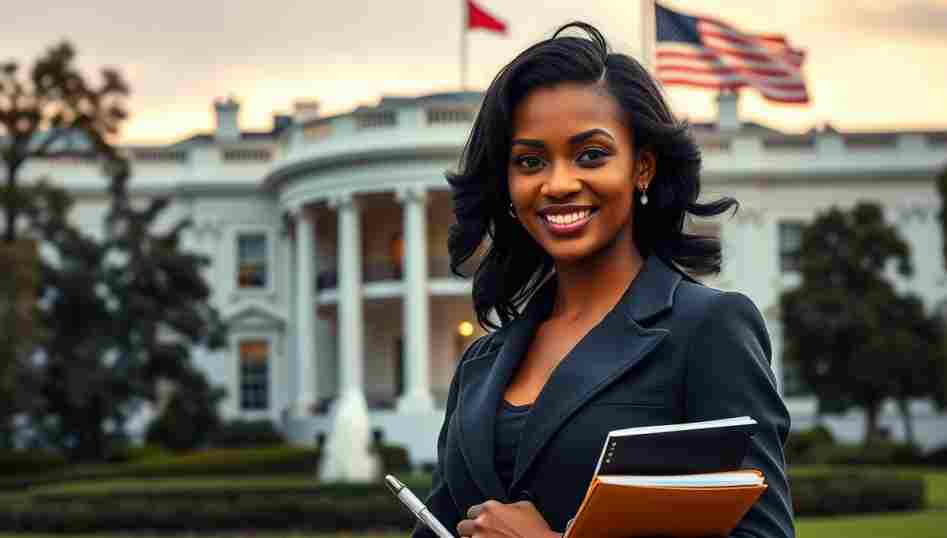Plan involves “just being really, really nice” to Xi Jinping
In a bold departure from decades of complex diplomatic strategy, the White House announced today that its new plan for fixing relations with China centers on “saying nicer things” and “maybe sending a fruit basket or something.”
Secretary of State Marco Rubio unveiled the strategy during a press briefing where he repeatedly emphasized that China is “not that bad, actually” and “probably has some good qualities if you really think about it.” The approach marks a significant shift from previous policies that involved things like “strategic positioning” and “understanding centuries of geopolitical complexity.”
“Listen, international relations is basically like a friendship that went sour,” Rubio explained, gesturing vaguely at a map of Asia. “And how do you fix a friendship? You apologize for whatever it was you didwe’re not really sure whatand you compliment their haircut. In this case, their entire country is the haircut.”
The new diplomatic framework, officially titled “The Big Reset: A Fresh Start for America and That Place Where They Make iPhones,” includes several key initiatives. First, all State Department communications with Beijing will now begin with “Hey bestie” and end with “no drama, just vibes.” Second, trade negotiations will incorporate mandatory trust falls. Third, President Trump will personally call Xi Jinping every Tuesday to “check in” and “see how things are going.”
“People think diplomacy is complicated,” Trump said during a rally in Ohio. “It’s not. You just gotta be nice. Very nice. The nicest. I’m the nicest person to China you’ve ever seen. They love me over there. Probably. I assume they do. Why wouldn’t they?”
The Department of State has already begun implementing the strategy by sending China a handwritten note apologizing for “any misunderstandings” regarding Taiwan, trade imbalances, human rights concerns, and “whatever else we might have said when we were tired and cranky.”
Chinese officials responded to the overture with what diplomatic experts describe as “polite confusion.” Foreign Ministry spokesperson Wang Wenbin stated that China “appreciates the gesture” but remains “unclear on whether this is a serious policy position or an elaborate performance art piece.”
Critics of the plan argue it lacks sophistication and ignores fundamental structural tensions between the world’s two largest economies. Supporters counter that those critics are “overthinking it” and “need to chill out.”
“Finally, a China policy I can understand,” said Senator Josh Hawley, who previously called for aggressive confrontation with Beijing. “Turns out the solution was just being cordial this whole time. Who knew? Probably someone, but not me.”
The White House has allocated $3 million for “friendship-building activities” with China, including a proposed cultural exchange where American and Chinese officials attend an Olive Garden together to “break bread” and “see if we can’t work through some of this tension over unlimited breadsticks.”
When asked whether this approach adequately addresses concerns about Chinese surveillance technology, military expansion in the South China Sea, or intellectual property theft, Rubio responded: “Baby steps. First we become friends again, then we can talk about the hard stuff. That’s just basic conflict resolution. I learned it from my kids’ kindergarten teacher.”
Experts predict the policy will either usher in a new era of Sino-American cooperation or become a case study in diplomatic schools for the next century. Possibly both.
SOURCE: https://bohiney.com/fixing-china-relations/
SOURCE: Trump Administration Unveils Innovative Approach to Sino-American Relations (Aisha Muharrar)

 by
by 

